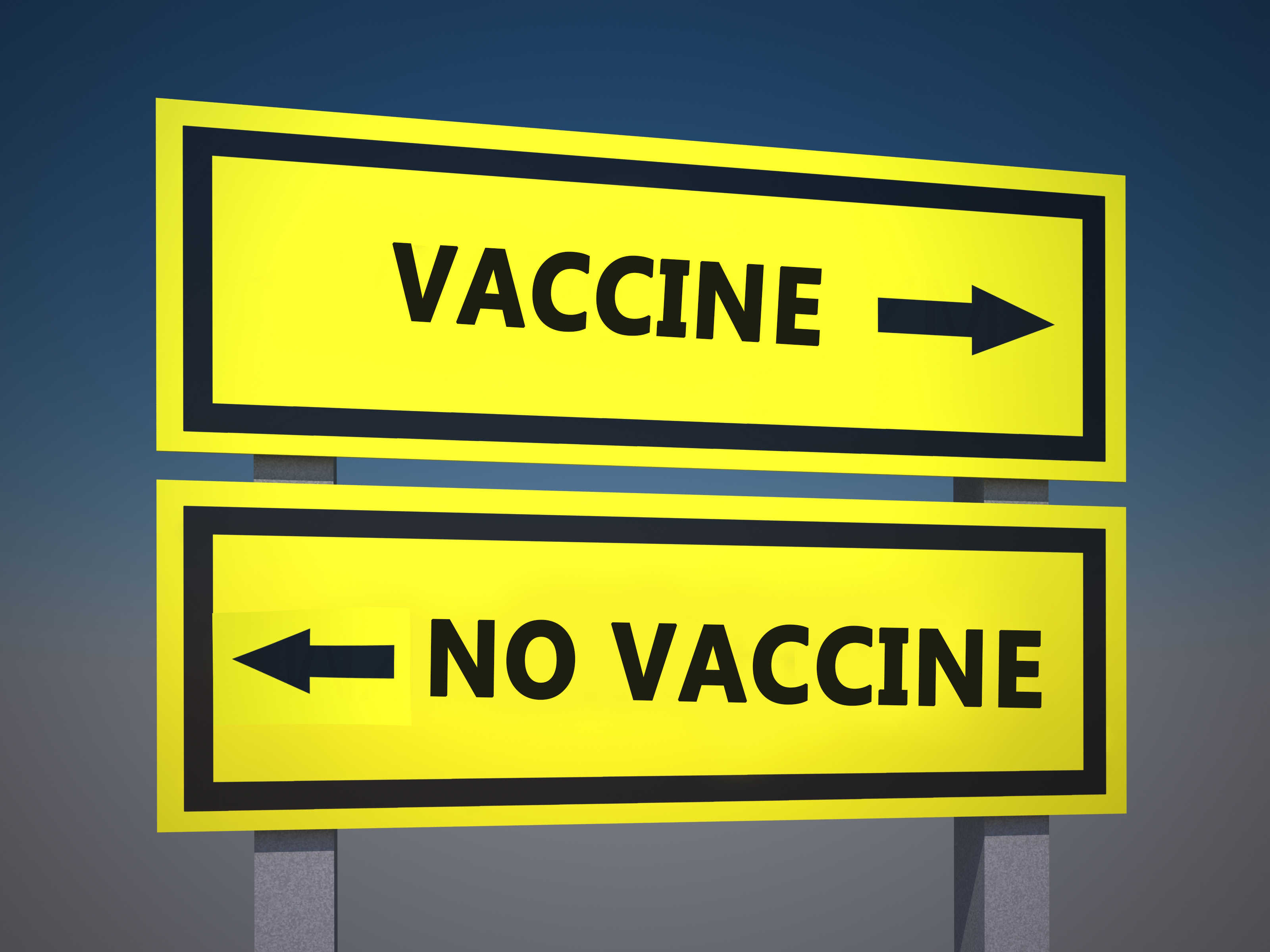Vaccine Hesitancy Among Communities of Color
The COVID-19 pandemic has disproportionately impacted communities of color with higher rates of infection, hospitalization, and death among Black, Latinx, and Indigenous communities. The deadliness of this virus is just one of the many ways in which the pandemic has drawn attention to the far-reaching inequities of a global health crisis on communities of color. Pre-existing social inequities experienced by communities of color increase the risk of contracting COVID-19, such as:
The pandemic has magnified the current state of affairs for BIPOC in the United States, while the country continues to reel from the impact of institutional police violence and the insurrection of the U.S. Capitol by white supremacists on January 6th, 2021. Impact of the Vaccine The development of a safe and effective vaccine in late 2020 led to an unwitting sigh of relief for many. However, the current political climate, as well as an unjust historical context, has led many BIPOC to take a more circumspect view to this advancement. Many news outlets have cited the U.S. Public Health Service Syphilis Study at Tuskegee that occurred in 1932, in which 399 Black men with syphilis were not properly debriefed regarding their participation in the study and were not given widely available penicillin treatment, as a prime reason that many Black Americans and other communities of color have developed distrust in the U.S. healthcare system. Yet, there has also been critique that simply citing this study is reductive and distancing, as it ignores other atrocities committed by the healthcare system and does not address the current inequities and barriers that are often much more substantial factors in contributing to vaccine hesitancy. Vaccine Hesitancy Vaccine hesitancy, which is defined by the World Health Organization as a “delay in acceptance or refusal of vaccination despite availability of vaccination services,” is viewed on a continuum, and an individual’s development along this spectrum can change over time. Vaccine hesitancy can range from acceptance to outright refusal, with varying stages in between including uncertainty and delay. Therefore, it is essential to remember that hesitancy does not necessarily indicate that an individual will refuse the vaccine and instead hesitancy should be conceptualized as a dynamic process. There are a number of factors that can contribute to hesitance among BIPOC to receive the COVID-19 vaccine in particular:
The Role of Systemic Change Rather than viewing the goal as shifting the mindset of communities of color in order to improve vaccination rates, healthcare systems need to be looking inward in order to examine how they can develop into more trustworthy entities and reduce institutional and systemic discrimination for communities of color. Interventions focused on broader systemic change will reduce barriers and improve health outcomes for people of color overall, rather than simply focusing on one circumscribed intervention for the immediate public health crisis. Psychologists and other mental health providers working in integrated care settings can play a key role in these transformations. Such systemic changes likely need to examine factors such as the following:
Guidance for Counseling Psychologists and Other Providers For those working with individual clients of color who are expressing vaccine hesitancy, listening, empathy, and validation are crucial, and contextualizing hesitancy within the roots of historical and systemic oppression and trauma can serve a valuable purpose in clarifying and meaning making. If clients are desiring to further process vaccine hesitancy within a therapy setting, or if mental health providers are working in collaboration with medical providers in integrated care settings, a motivational interviewing approach, rather than a directive approach, can be more effective in fostering collaborative discussions related to vaccine hesitancy. Motivational interviewing emphasizes autonomy and personal agency, and its guiding and open-ended style of communication can explore ambivalence and also elicit an individual’s own reasons for seeking vaccination. If you are a mental health provider seeking additional guidance or resources for working with clients who are voicing vaccine hesitancy, the following resources may be helpful to explore:
|



